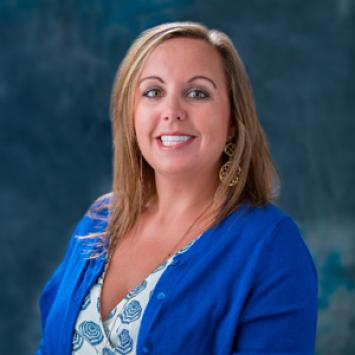Our office supports the university's strategic plan by committing to:
- helping build Kentucky's innovation ecosystem and collaborating with industry partners worldwide
- working cooperatively with innovators to strategically assess, protect, and license early-stage technologies
- cultivating entrepreneurship and co-creating new technology startups































